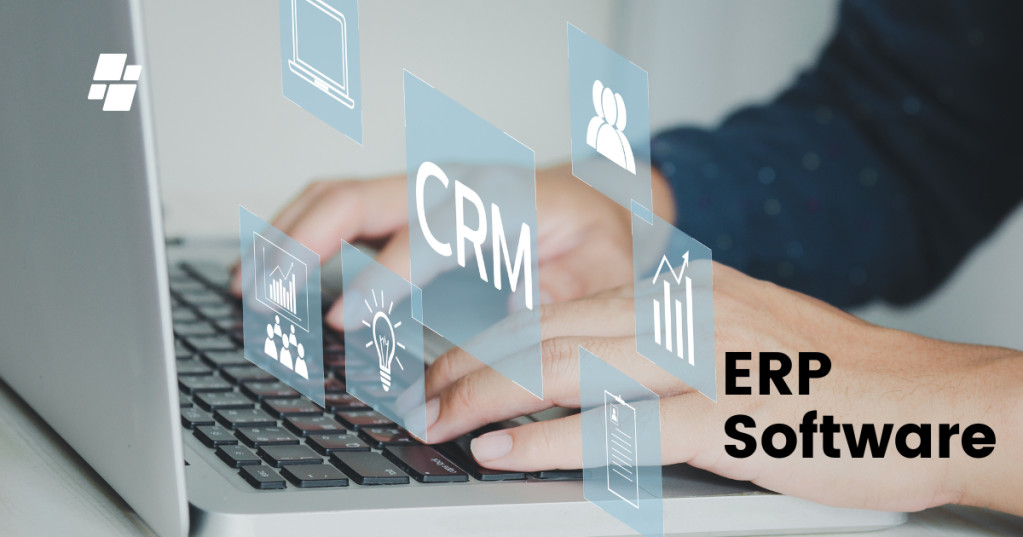Selecting the right ERP (Enterprise Resource Planning) vendor is a critical decision for any business. An effective ERP system can streamline operations, enhance efficiency, and drive growth. However, with a myriad of options available, it’s essential to have a comprehensive checklist to guide your selection process. In this blog, we’ll delve into the key factors to consider when evaluating ERP vendors.
Business Needs Assessment
Begin by thoroughly understanding your business requirements. Identify pain points, processes that need improvement, and long-term goals. This assessment will serve as the foundation for evaluating potential vendors.
Scalability
Choose ERP solutions that can grow with your business. Ensure that the vendor’s offering can accommodate increased user counts, transactions, and data volumes as your company expands.
Industry Fit:
Look for vendors with experience in your specific industry. Industry-specific solutions are more likely to address your unique needs and comply with industry regulations.
Customization and Flexibility:
Evaluate the level of customization the ERP system offers. A solution that can be tailored to your workflows and processes is invaluable.
Integration Capabilities:
Check whether the ERP system can seamlessly integrate with your existing software applications. Integration with CRM, e-commerce platforms, and other essential systems is crucial for a unified business environment.
Vendor Reputation and Experience:
Research the vendor’s reputation and track record. Read reviews, case studies, and testimonials to gauge their ability to deliver on promises.
Support and Training:
Ensure that the vendor provides comprehensive training and ongoing support. A successful ERP implementation relies on user adoption, and proper training plays a significant role.
Data Security and Compliance:
Security is paramount. Assess the vendor’s data security measures, encryption protocols, and compliance with relevant data protection regulations.
Cost Considerations:
Understand the total cost of ownership, including implementation, licensing, maintenance, and potential upgrade expenses. Compare costs against the anticipated benefits.
Cloud vs. On-Premises:
Determine whether a cloud-based or on-premises solution suits your organization better. Cloud solutions offer flexibility and reduced infrastructure costs, while on-premises solutions provide greater control.
User-Friendly Interface:
Evaluate the user interface for its intuitiveness and ease of use. A user-friendly ERP system will enhance productivity and reduce training time.
Future Upgrades and Innovations:
Inquire about the vendor’s roadmap for future updates and innovations. You want a vendor that is committed to staying current with technological advancements.
References and Site Visits:
Request references from the vendor and, if possible, visit organizations that have implemented their ERP system. This can provide valuable insights into real-world experiences.
Vendor Stability:
Consider the financial stability of the ERP vendor. You want a partner that will be around for the long haul to provide support and updates.
ROI Analysis:
Conduct a thorough return on investment (ROI) analysis. Determine how long it will take for the ERP system to deliver measurable benefits to your organization.
Mobile Accessibility:
In today’s business landscape, mobile access is essential. Check whether the ERP system offers mobile compatibility, allowing users to access critical information and perform tasks on the go.
User Feedback and Usability Testing:
Gather feedback from potential end-users within your organization. Their insights can highlight potential challenges and help identify whether the ERP system aligns with their needs and expectations.
Data Migration Process:
A smooth data migration process is crucial to avoid disruptions during the transition to the new ERP system. Ensure that the vendor has a well-defined plan for migrating your existing data accurately and securely.
Vendor’s Support Team Expertise:
The vendor’s support team plays a significant role in the success of your ERP implementation. Assess the expertise and responsiveness of their support team to ensure timely issue resolution.
Change Management Strategy:
ERP implementation often requires changes in processes and workflows. A vendor that offers guidance on change management and assists in managing the transition can be highly valuable.
Conclusion:
Selecting an ERP vendor is a substantial commitment, but with a well-defined checklist, you can make an informed decision that aligns with your business needs and goals. Careful consideration of these factors will guide you towards a solution that enhances efficiency, optimizes processes, and contributes to the overall success of your organization.
